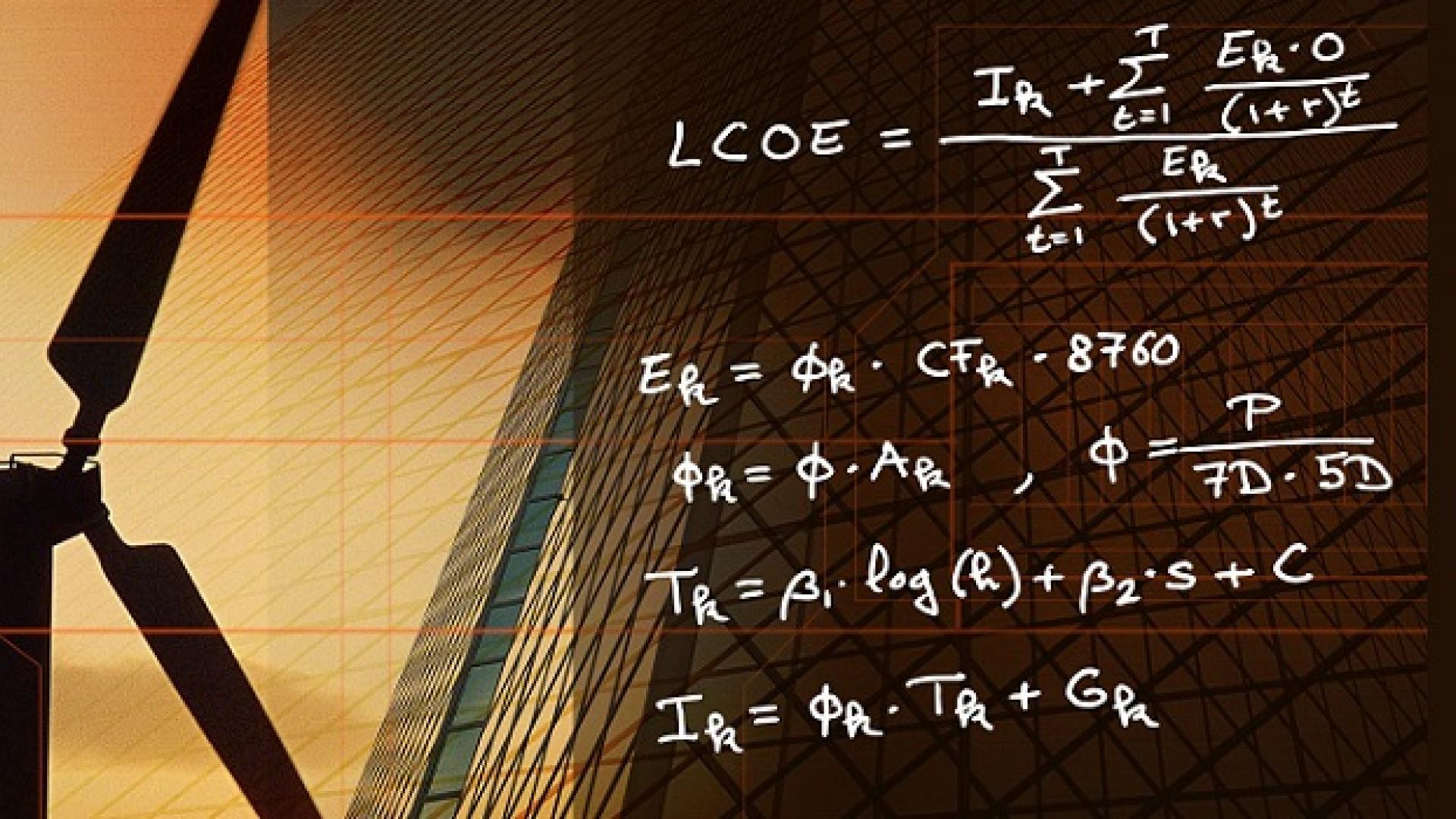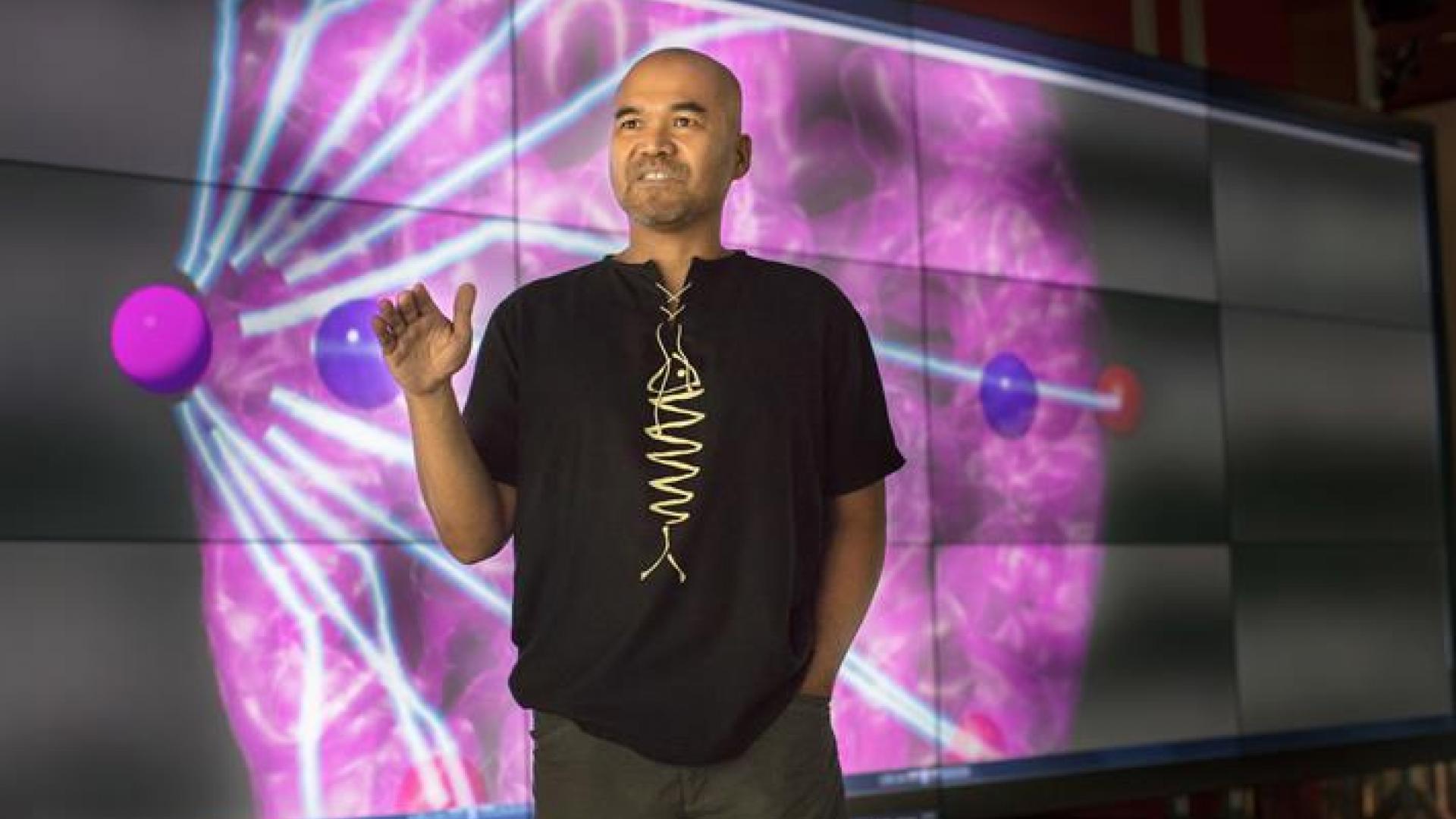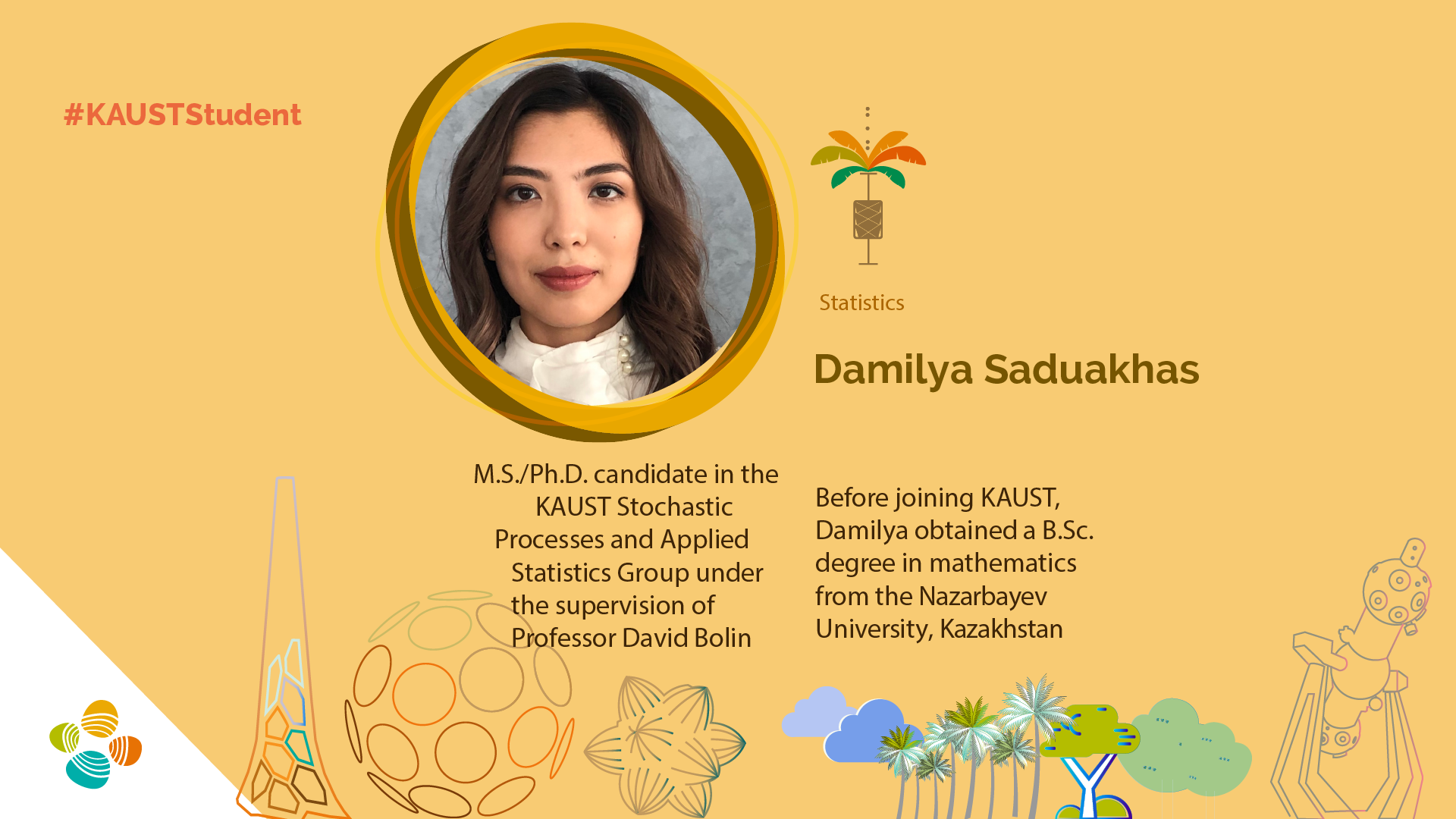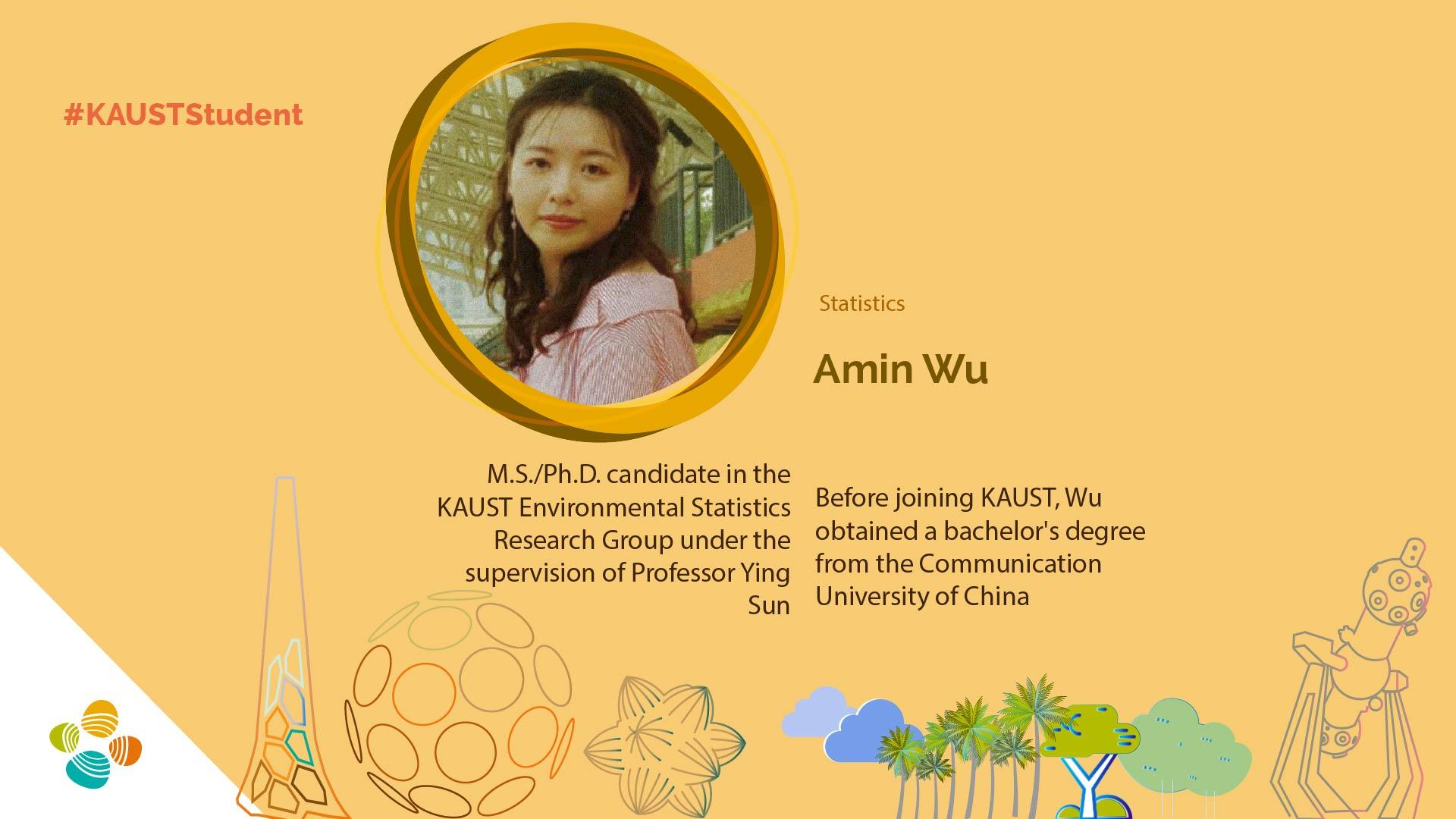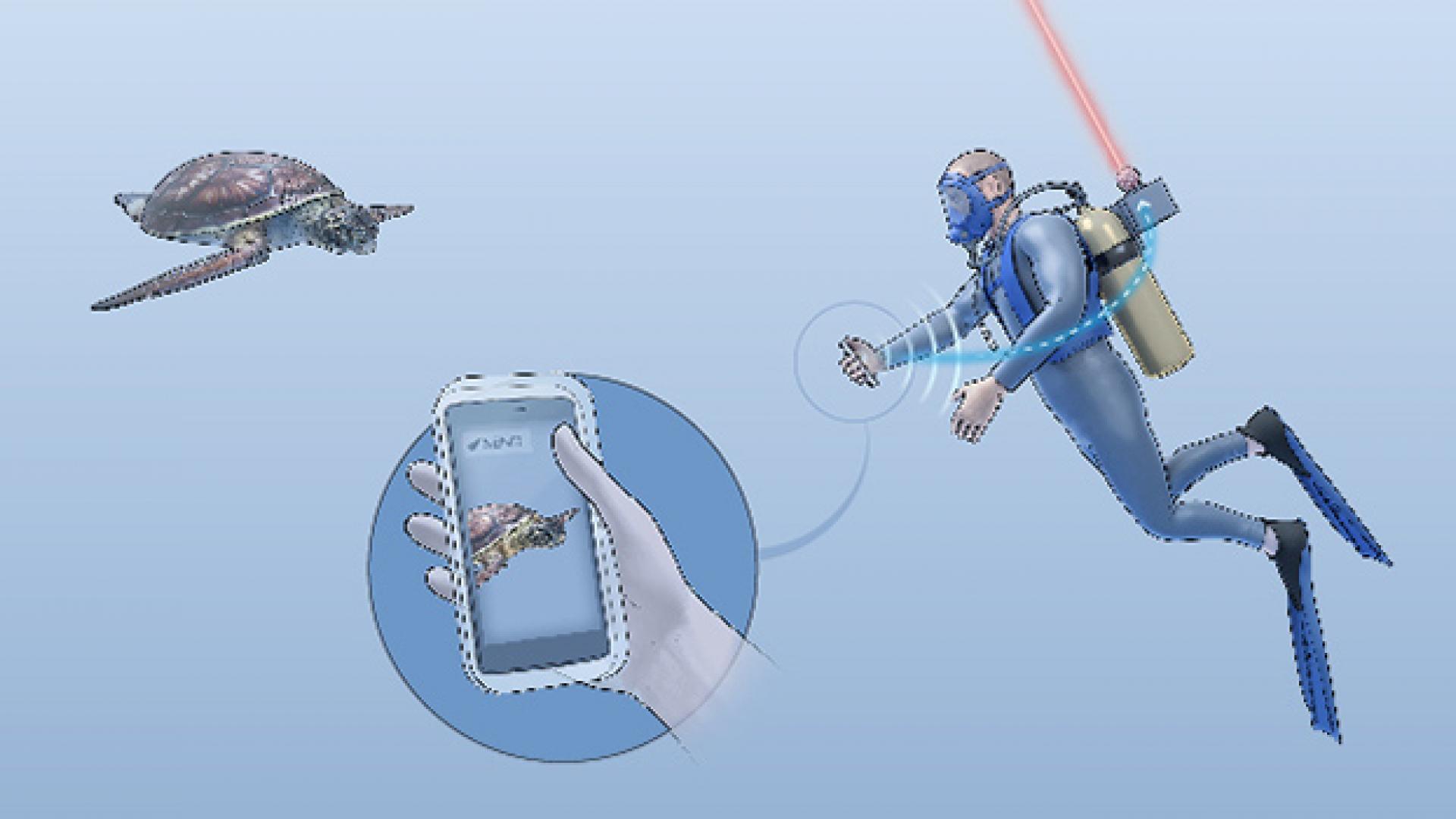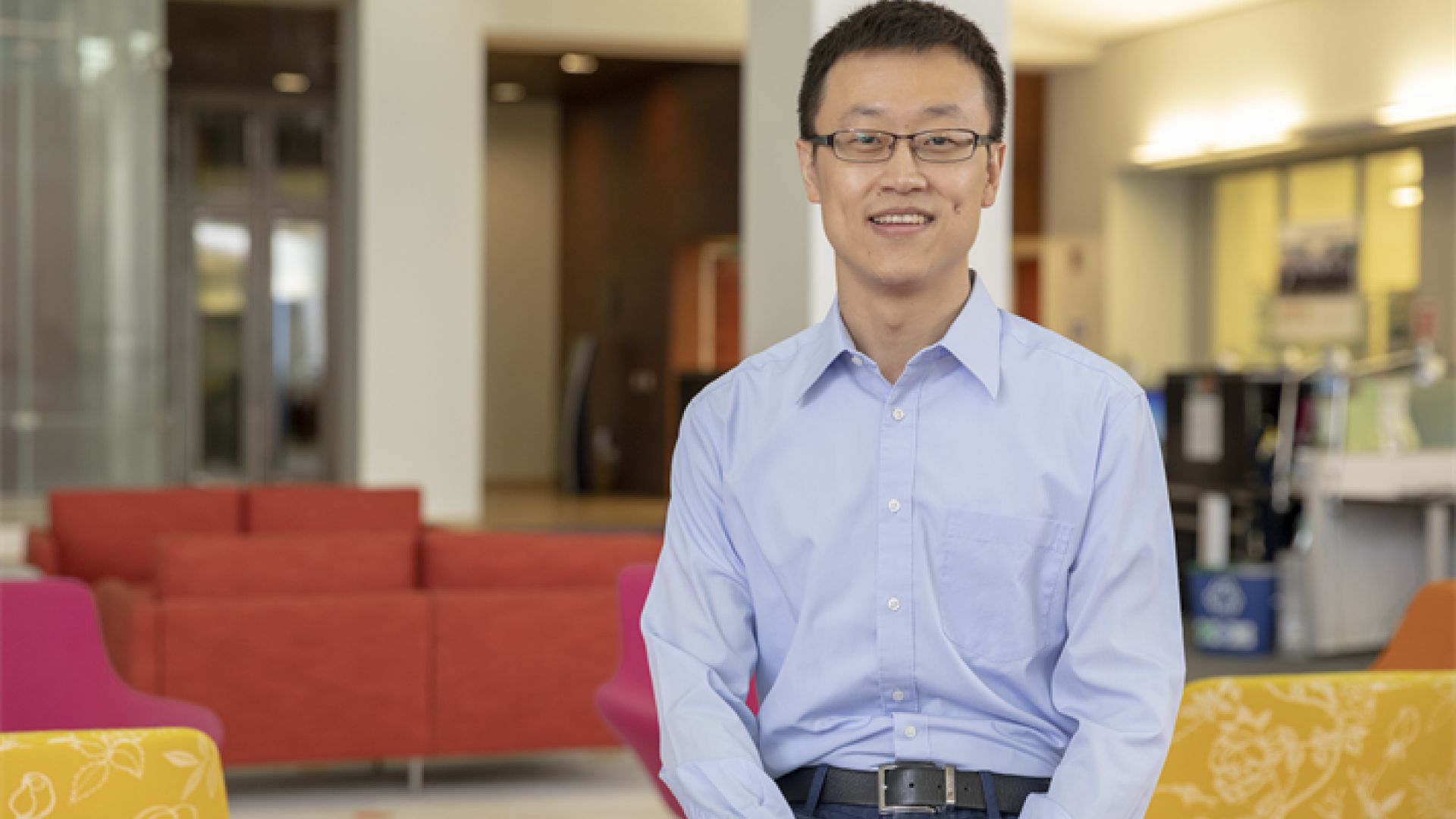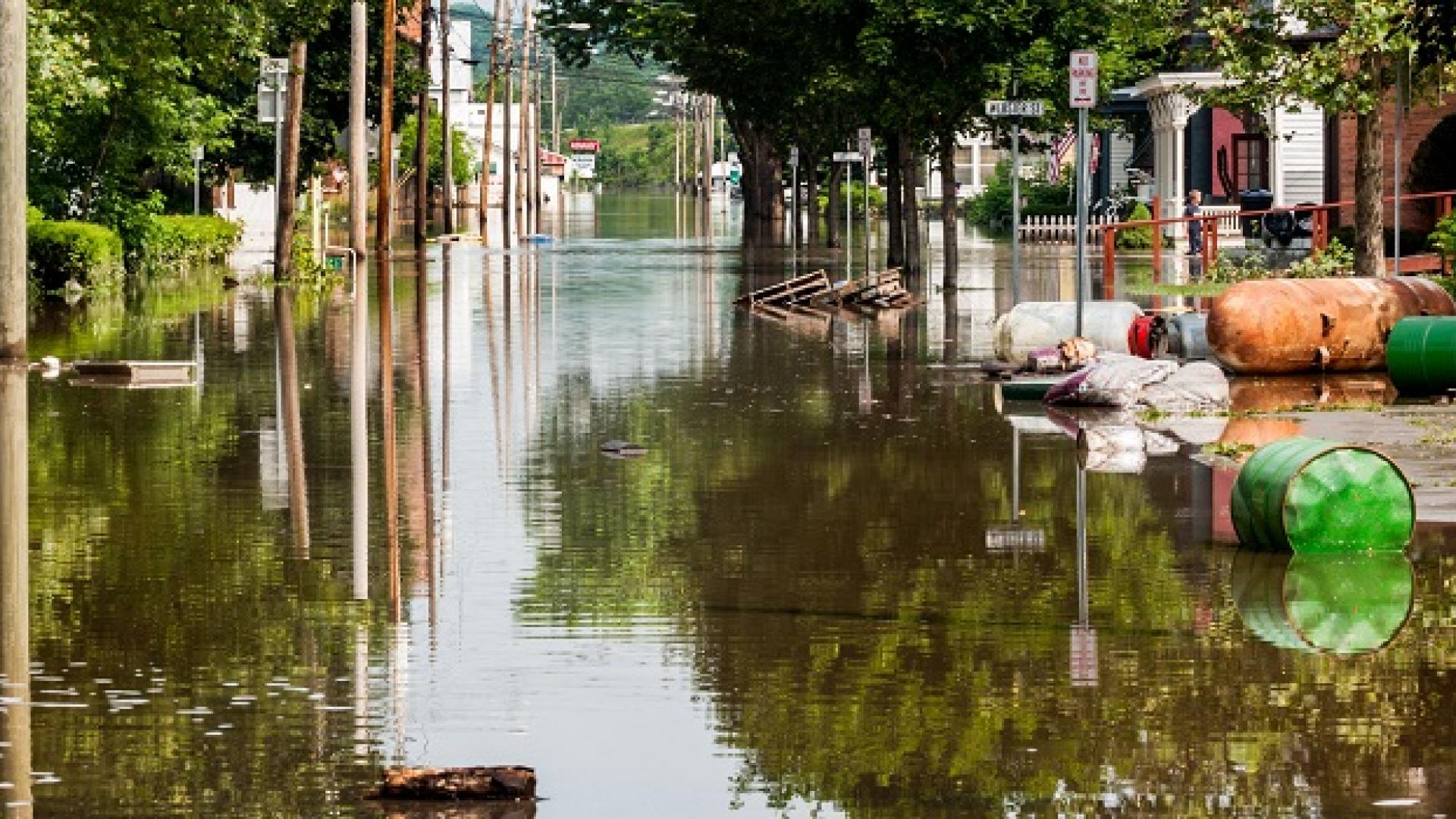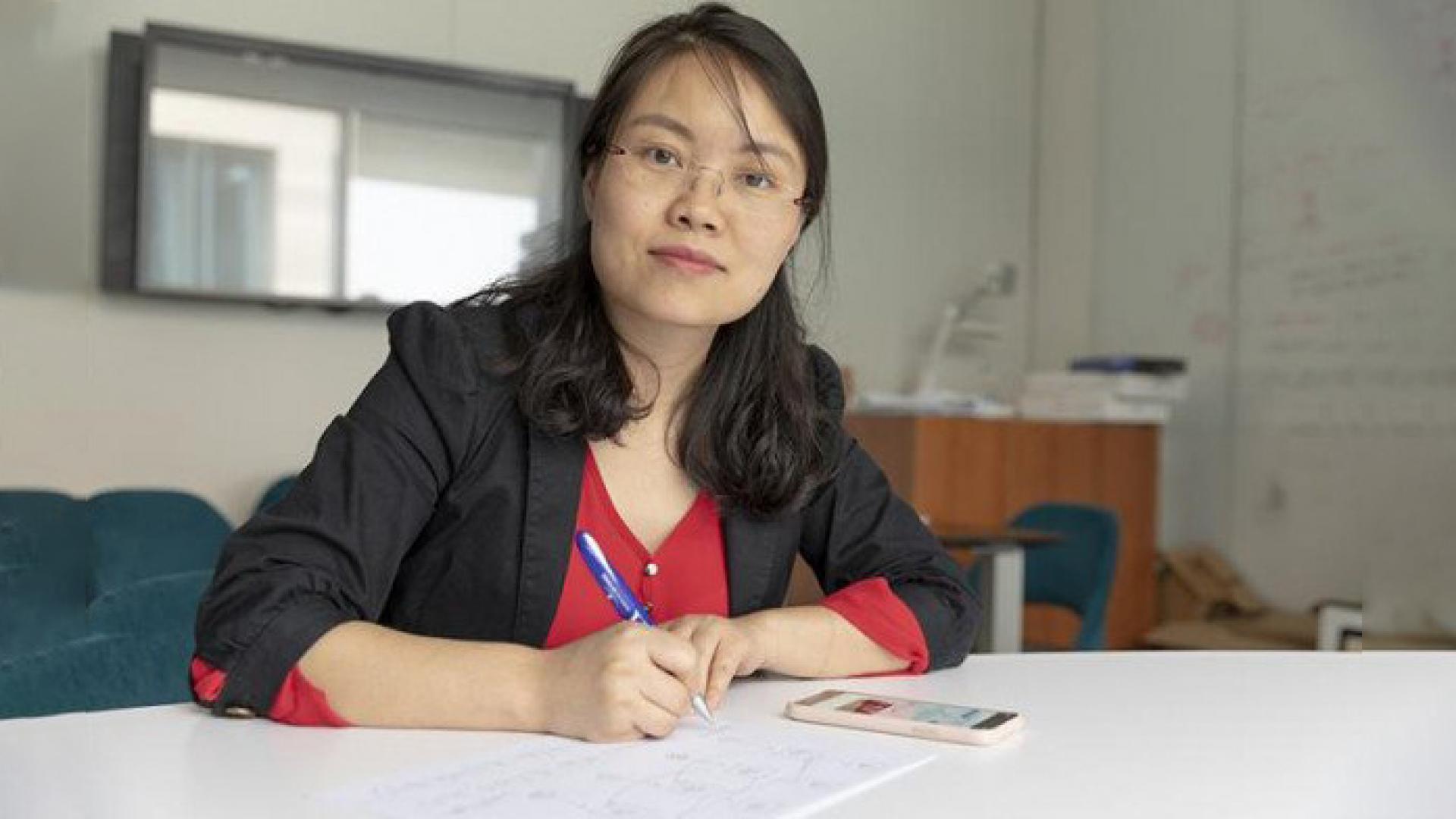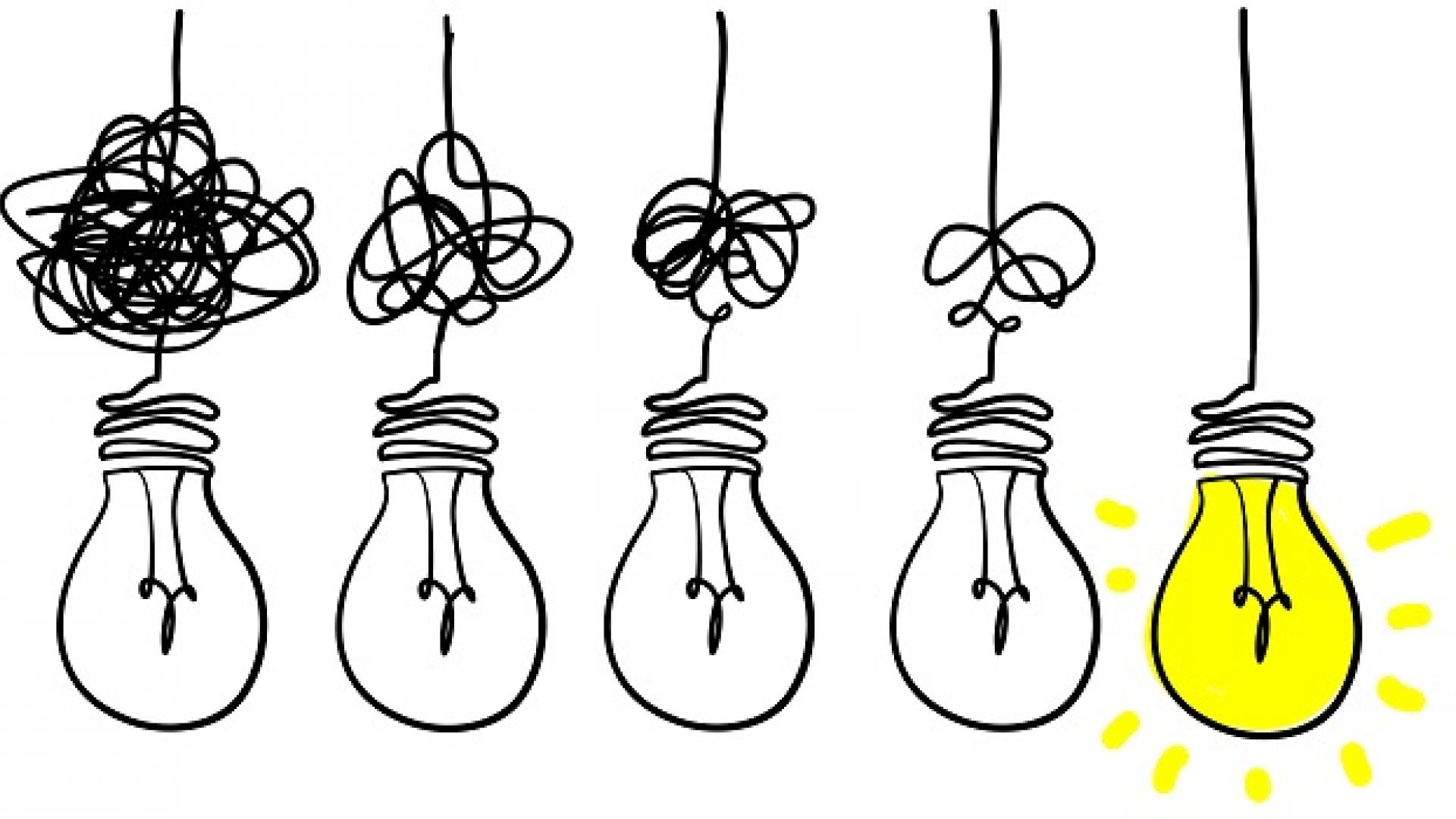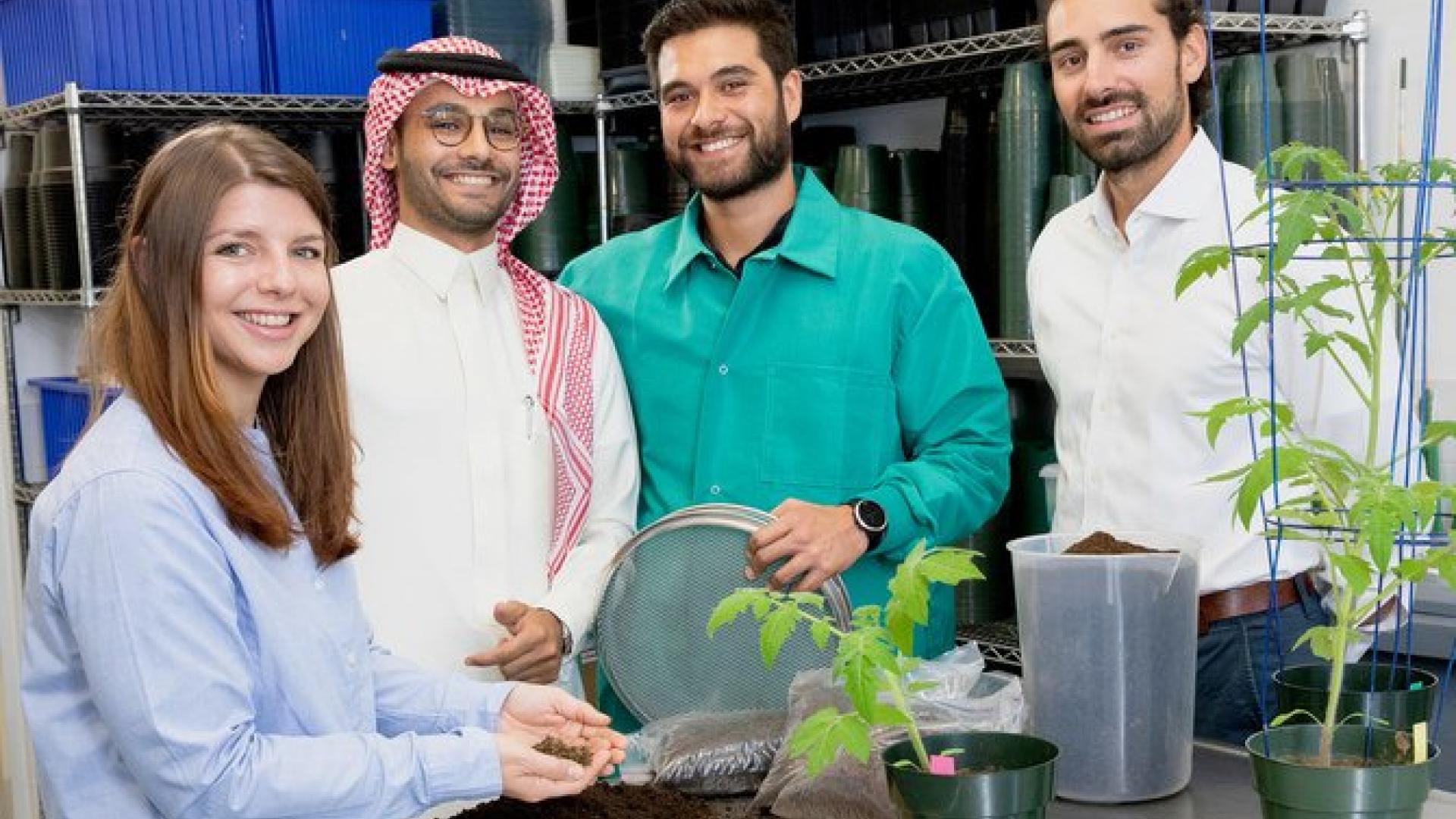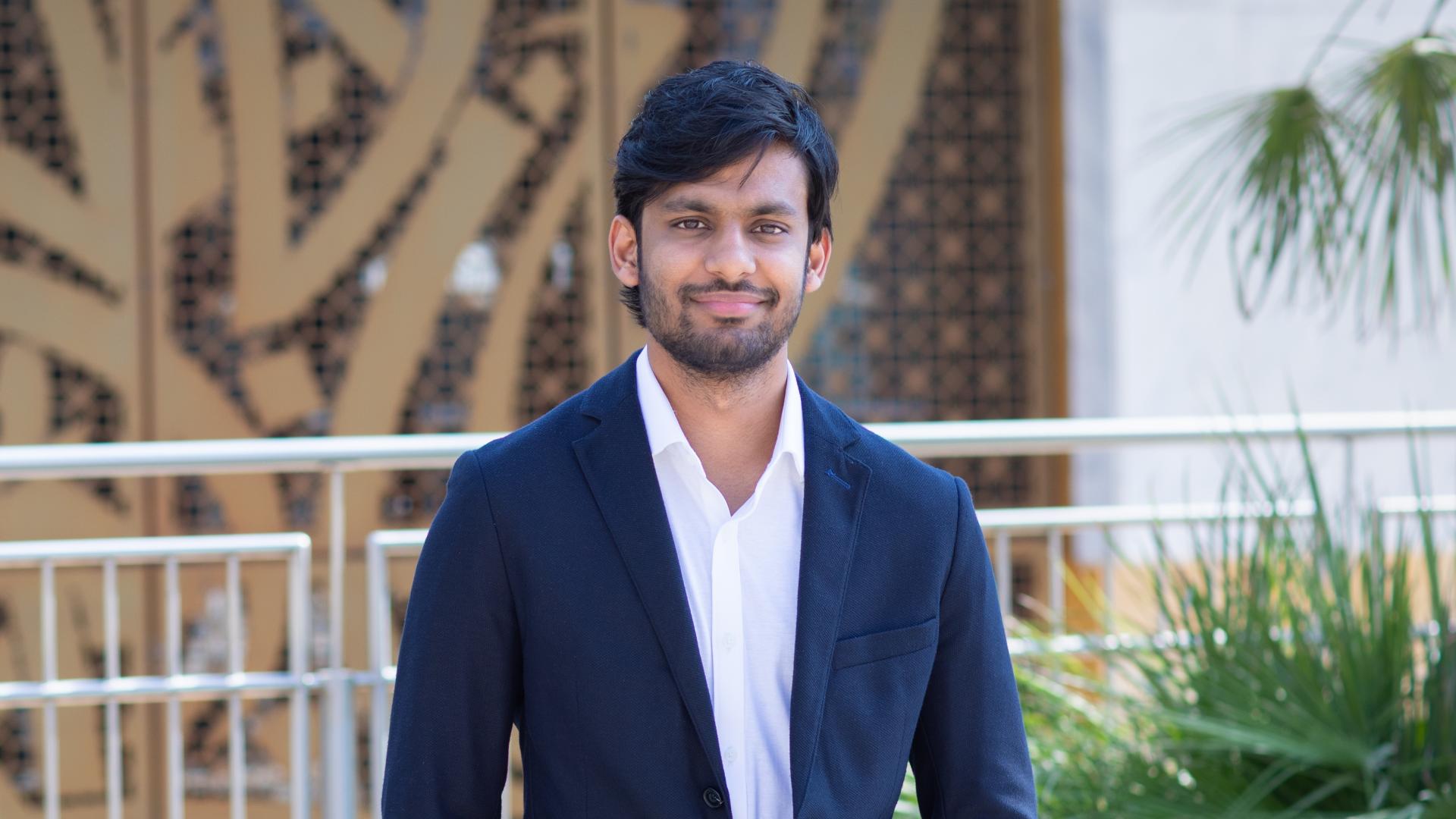High-resolution analysis of wind speed across Saudi Arabia can help fast track the expansion of the Kingdom’s emerging world-class wind energy industry.
The global, multifarious challenge posed by the COVID-19 pandemic has scientists tapping their wide-ranging fields of expertise to attack the problem on many fronts. Answering the call from KAUST President Tony Chan, and coordinated by the University's leadership team, KAUST researchers making up the Rapid Research Response Team (R3T) are turning this crisis into an opportunity to innovate.
By the end of 2018, there were nearly 4 billion people without Internet connectivity in the world. Almost 75% of this unconnected population is located in 20 countries and is concentrated in rural, low-income, and low-literacy areas.
Wire-connected drones may complement or replace the fixed base stations of cellular communications networks.
Damilya Saduakhas, 21 years old, from Kazakhstan, obtained a B.Sc. degree in mathematics from the Nazarbayev University, Kazakhstan. Damilya has been selected as a young scientist to participate in the summer Data Lab from Yessenov Foundation and will join KAUST in the fall of 2020 as an M.S./Ph.D. candidate in the KAUST Stochastic Processes and Applied Statistics Research group under the supervision of Professor David Bolin.
Amin Wu is a 24-year-old graduate who will join KAUST from the Communication University of China. Wu will join the University in the fall of 2020 as an M.S./Ph.D. candidate in the KAUST Environmental Statistics Research Group under the supervision of Professor Ying Sun. Wu wants to be a teacher or researcher and use her expertise and knowledge to make the world a better place.
An old branch of mathematics finds a fertile new field of application.
Scuba divers could send sea life shots in real time using an aquatic internet service.
Associate Professor Xin Gao and his group have developed an artificial-intelligence (AI) based solution to help increase COVID-19 testing accuracy. Identifying cases of early stage infection has been particularly challenging for frontline clinicians. Gao's AI-based model, which aims to increase accuracy, has been put to immediate use at King Faisal Specialist Hospital (KFSH) in Riyadh.
Extreme weather patterns and regions at risk of flooding could be easier to spot using a new statistical model for large spatial datasets.
Hashtags like #covid19 and #coronavirus help us stay up to date on the developments of the new coronavirus pandemic. But beyond breaking news, tweets also offer a glimpse into the emotional side of the COVID-19 crisis.
By training a search agent to make smarter exploratory decisions, relational data can be classified more accurately and efficiently.
While 5G companies and opponents are competing over the deployment of the first 5G platforms, the next generation of wireless telecommunication technology is being concocted right now in laboratories all around the world.
Throughout the world, organic waste generation is posing serious challenges, threatening food security and water purity and availability. Saudi Arabia is no exception.
Gaurav Agarwal firmly believes in the age-old adage that patience is a virtue. Without patience, life’s challenges cannot be overcome, and a steadfast belief in perseverance has served the statistics Ph.D. student well throughout his academic career.
